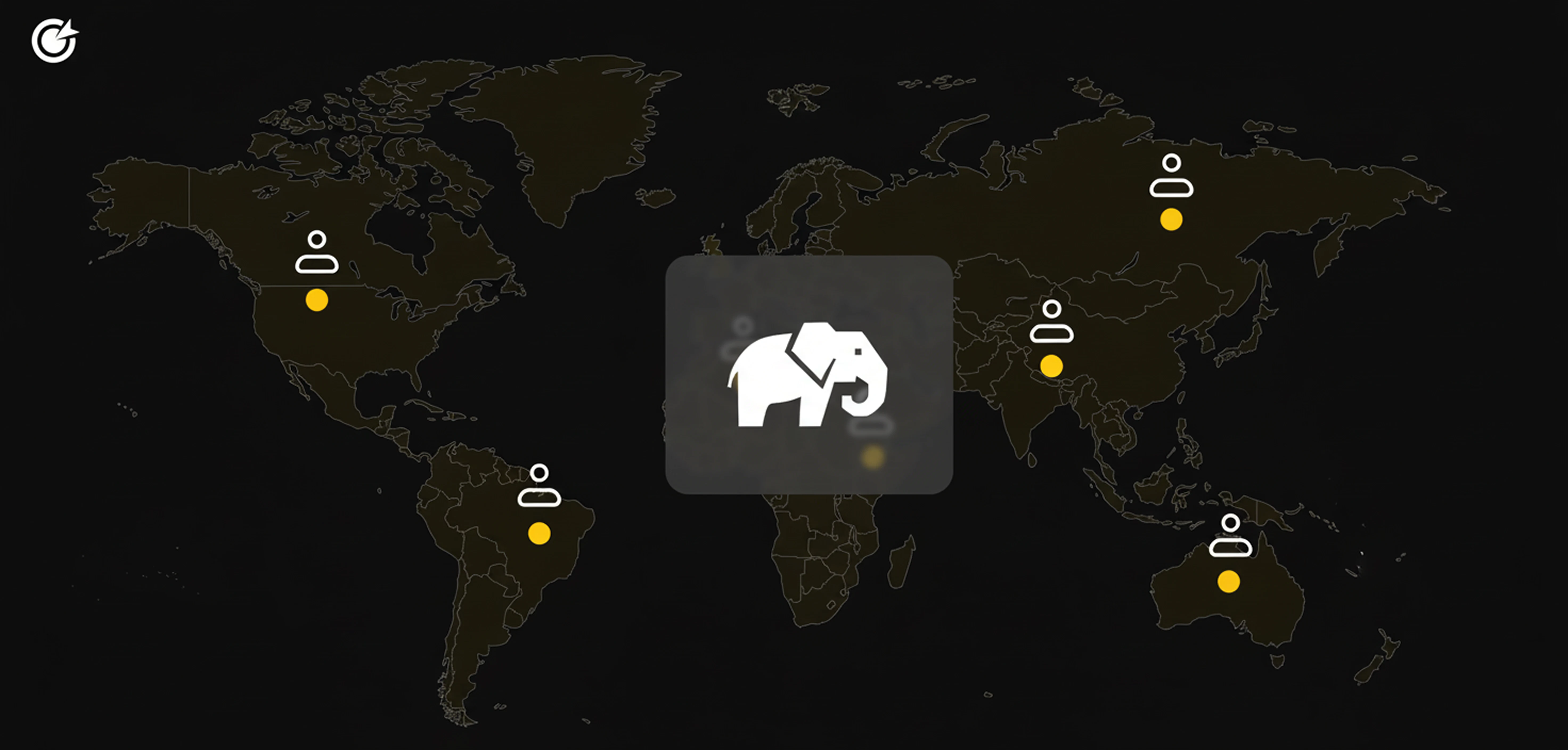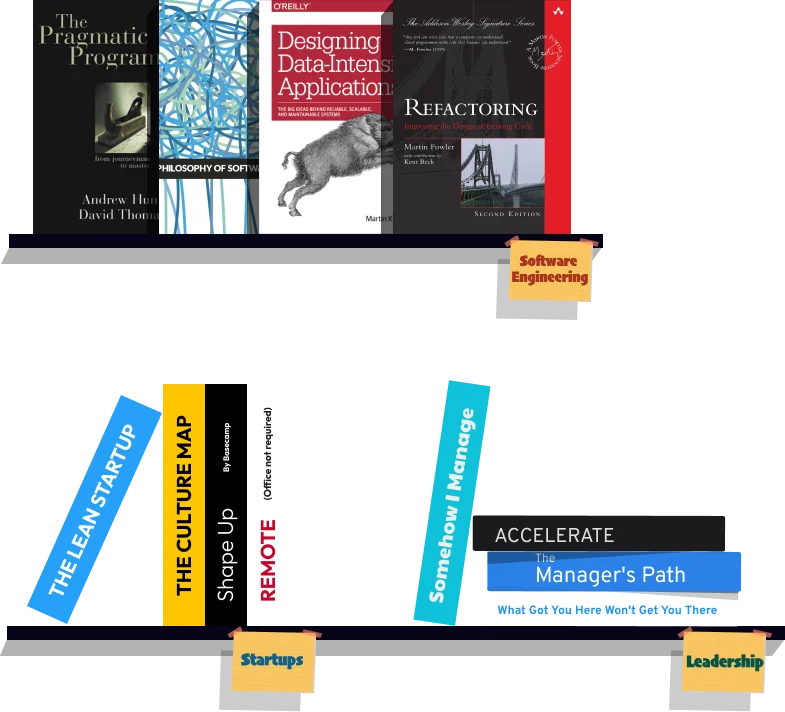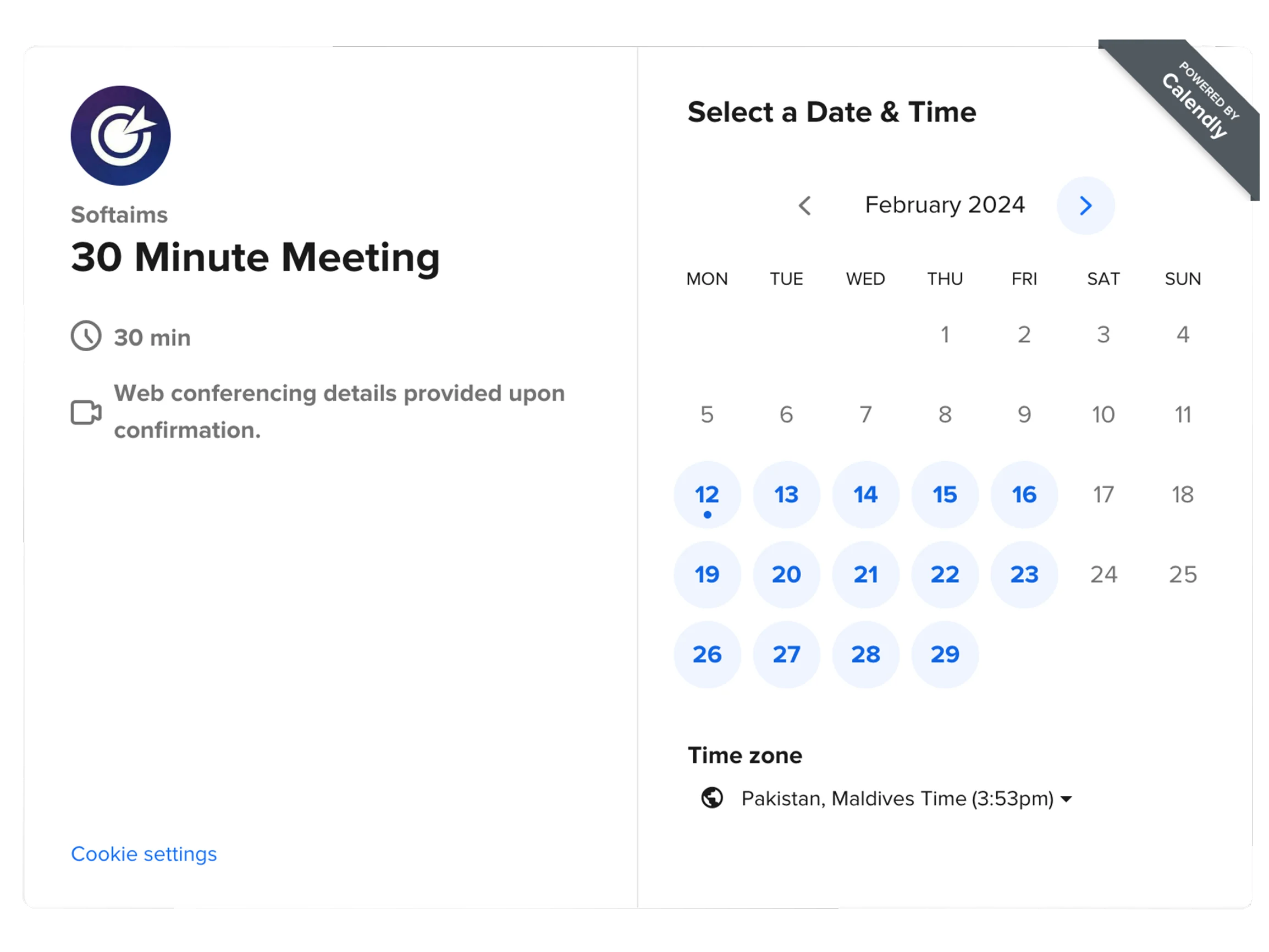The Enduring Power of a PHP Developer
A PHP developer is a backend or full-stack engineer who builds dynamic websites, web applications, and robust APIs using one of the world's most popular and enduring server-side scripting languages. They are the driving force behind a huge portion of the web, including a vast number of content management systems, e-commerce platforms, and custom applications.

Hiring a PHP developer means bringing in a professional with access to a massive and mature ecosystem of tools, frameworks, and libraries. Their expertise is crucial for building and maintaining the powerful, data-driven backend systems that power a wide array of online businesses, from small blogs to large enterprise platforms.
Modern PHP Language Proficiency
The PHP language has evolved dramatically, and a modern PHP developer must be an expert in its current versions (PHP 8 and newer). It is no longer enough to know the basics; a top-tier candidate must have a deep, practical understanding of modern language features, including strict type declarations, arrow functions, and the nullsafe operator.
Furthermore, they must have a mastery of Object-Oriented Programming (OOP) in a PHP context, including a solid grasp of classes, interfaces, traits, and namespaces. A developer who writes clean, modern, and object-oriented code like class UserService implements UserInterface { ... } is a developer who can build scalable and maintainable applications.
Expertise in a Major PHP Framework
While it's possible to write PHP without a framework, the vast majority of professional development is done with one. A candidate must have deep, hands-on experience with at least one of the major PHP frameworks. The two leading choices are Laravel for its elegant syntax and rapid development features, and Symfony for its robust components and enterprise-grade flexibility.
This expertise should include a thorough understanding of the framework's core concepts, such as its routing system, its ORM (Eloquent for Laravel, Doctrine for Symfony) for database interactions, its templating engine, and its dependency injection container. Proficiency in a popular framework is the key to building structured, secure, and feature-rich applications efficiently.
Database and SQL Skills
Backend development is fundamentally about data, and a PHP developer must be highly skilled at working with databases. They must have strong proficiency with a relational database, with MySQL (or its fork, MariaDB) being the most common choice in the PHP ecosystem. This includes a solid understanding of database design and normalization.
While the framework's ORM handles many of the day-to-day queries, a strong developer must still have a solid grasp of SQL. This is crucial for writing complex queries that may be difficult to express with the ORM, for debugging performance issues by analyzing raw queries, and for ensuring the database is properly indexed.
Building APIs and Web Services
A primary responsibility for a modern PHP developer is building backend APIs to be consumed by front-end applications (like React or Vue) and mobile apps. They must be skilled at designing and implementing clean, well-structured RESTful APIs. This includes a deep understanding of HTTP methods, status codes, and how to create a logical and consistent API structure.
They should be able to implement robust authentication and authorization for their APIs, with experience in token-based systems like JWT (JSON Web Tokens) being a common requirement. The ability to create a secure, performant, and well-documented API is a core competency of the role.
The Composer Package Manager
The modern PHP ecosystem is built on Composer, the de facto standard for dependency management. A proficient PHP developer must be an expert at using Composer to manage their project's dependencies. This includes a solid understanding of the composer.json file and the autoloading standard (PSR-4).
They should be able to confidently add, update, and remove third-party libraries from their project. A candidate who understands semantic versioning and can resolve dependency conflicts is a candidate who knows how to maintain a healthy and reproducible codebase, which is essential for professional, team-based development.
Testing and Quality Assurance
A commitment to writing high-quality, reliable code is demonstrated by a strong testing discipline. A professional PHP developer must be experienced in writing automated tests for their applications. This requires proficiency with PHPUnit, the most popular testing framework in the PHP world.
They should be able to write unit tests for their classes and business logic, as well as feature or integration tests that verify the application's behavior at a higher level (e.g., testing an API endpoint). A developer who consistently writes tests builds more maintainable, bug-free, and resilient software.
Web Server and Environment Management
A PHP developer's code runs on a web server, and they need to be comfortable in that environment. They must have a solid understanding of the traditional LAMP (Linux, Apache, MySQL, PHP) stack or, more commonly today, a LEMP stack (with Nginx instead of Apache). This includes a basic understanding of server configuration.
Furthermore, they should have hands-on experience with modern development environments using tools like Docker and Docker Compose. The ability to create a containerized development environment that mirrors production is a crucial skill for ensuring consistency and simplifying the onboarding process for new team members.
Security Best Practices
Security is a critical concern for any web application, and a PHP developer must have a strong, security-first mindset. They need to be well-versed in the most common web vulnerabilities as defined by OWASP and know how to defend against them in a PHP context. This includes preventing SQL injection, Cross-Site Scripting (XSS), and Cross-Site Request Forgery (CSRF).
They should know how to securely handle user input by validating and sanitizing it, and they must be experts at securely storing passwords using PHP's built-in password hashing functions (password_hash() and password_verify()). This focus on security is a non-negotiable trait for a professional developer.
Working with Content Management Systems
A significant portion of the web runs on PHP-based Content Management Systems (CMS), with WordPress being by far the most dominant. A well-rounded PHP developer will often have experience working with a major CMS. For WordPress, this means the ability to develop custom themes and plugins.
While this may not be a requirement for all roles, experience with a popular CMS like WordPress, Drupal, or Magento demonstrates a practical understanding of a huge part of the PHP ecosystem and can be a highly valuable skill for many businesses.
How Much Does It Cost to Hire a PHP Developer
The cost to hire a PHP developer can be quite competitive, as the language has a very large and global talent pool. However, salaries for developers with expertise in modern PHP and popular frameworks like Laravel or Symfony are in high demand. The cost is influenced by location, years of experience, and the complexity of their skill set.
The following table provides an estimated average annual salary for a mid-level PHP developer with modern framework experience to illustrate these global differences.
| Country |
Average Annual Salary (USD) |
| United States |
$105,000 |
| United Kingdom |
$70,000 |
| Germany |
$68,000 |
| Canada |
$80,000 |
| Australia |
$75,000 |
| Poland |
$45,000 |
| Ukraine |
$42,000 |
| India |
$25,000 |
| Brazil |
$35,000 |
| Egypt |
$28,000 |
When to Hire Dedicated PHP Developers Versus Freelance PHP Developers
Hiring a dedicated, full-time PHP developer is the best choice for building and maintaining a core business application or a large, long-term web platform. A dedicated developer will gain a deep understanding of your business logic and codebase, making them an essential asset for ongoing feature development, maintenance, and strategic planning.
Hiring a freelance PHP developer is a more tactical decision, perfect for short-term projects or specific tasks. This is an ideal model for building a new website, developing a custom WordPress plugin, or getting expert help to migrate an older PHP application to a modern framework. Freelancers offer flexibility and can be a very cost-effective way to achieve a well-defined goal.
Why Do Companies Hire PHP Developers
Companies hire PHP developers because it is a proven, reliable, and incredibly cost-effective technology for building web applications. Its massive global developer community means that talent is readily available, and its mature ecosystem of open-source tools and frameworks like Laravel and WordPress allows for extremely rapid development, which significantly reduces time-to-market.
Furthermore, PHP has a low barrier to entry and is supported by virtually every web hosting provider, making it an accessible and pragmatic choice for businesses of all sizes, from small startups building their first product to large enterprises managing vast web properties. Its combination of speed of development, a massive talent pool, and a rich ecosystem makes it one of the most practical and widely-used languages for web development in the world.
In conclusion, hiring a top-tier modern PHP developer requires looking for a professional who has evolved with the language and its ecosystem. The ideal candidate will combine a deep understanding of modern, object-oriented PHP with a mastery of a major framework like Laravel or Symfony. By prioritizing developers who have a disciplined approach to testing, security, and modern development practices, companies can build the powerful, scalable, and maintainable web applications that are the backbone of a successful online business.


































